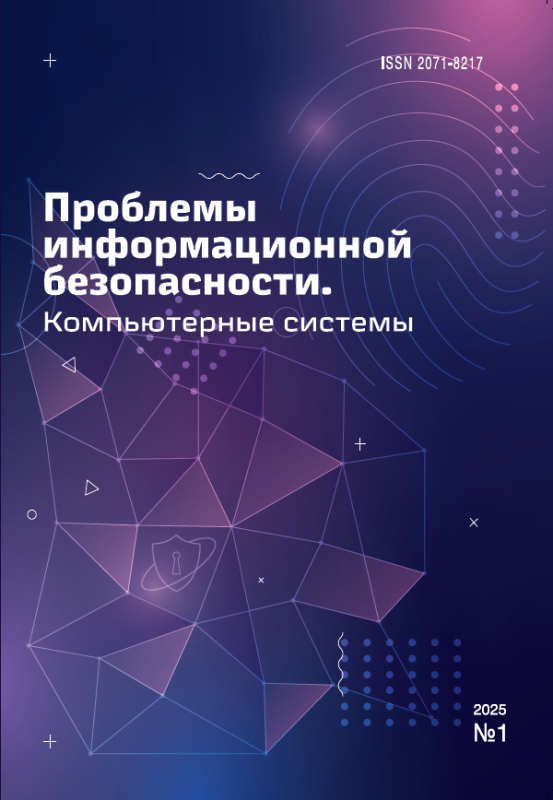Application of large language models in event forecasting field
This article presents a study on the use of large language models (LLMs) for event prediction through the application of LLM agents — autonomous systems that utilize LLMs for reasoning, decision-making, and interaction with the environment. Various architectures of LLM agents are analyzed, including cooperative systems (ChatDev, MetaGPT), multi-agent debates (MAD, ChatEval), agents for web-based tasks (WebAgent, WebVoyager), and simulation-based agents (Generative Agents, EconAgent). Special attention is given to the features of predictive modeling powered by LLMs, where traditional approaches (regression, time series) are replaced by agent-based modeling and prompt engineering. The article presents experimental results on forecasting the outcome of a selected conflict using LLM agents (Mistral, DeepSeek) and the Retrieval-Augmented Generation (RAG) approach, based on data from analytical agencies, opinion leaders, and news sources. The study identifies a convergence of predictive assessments across polarized sources and outlines key requirements for forecasting systems: weighting sources by expert relevance, filtering out neutral data, and balancing the dataset. Additionally, the article formulates criteria for selecting data to be evaluated by simulation-based LLM agents.


